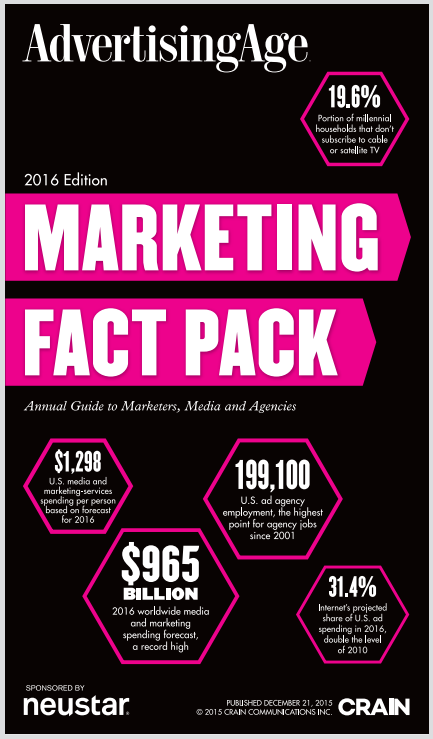10 Life Lessons

One of my favorite “sales” blogs that I read as often as possible is by Jill Konrath who is a widely read business-to-business sales expert.
I like Jill’s blogs and newsletters because she focuses on driving more sales in less time, which is also a philosophy I practice as I help my clients successfully close business.
One of the things I admire most about Jill is her transparency. Her most recent blog entry is about the loss of her husband and the life lessons he taught her.
I found these ten life lessons truly inspiring and I was moved to want to make sure I practice them, and to share them with all of you.
- Winning is always possible.
- Be a cheerleader.
- Always have fun.
- Learn new things.
- Create memorable experiences.
- Choose your attitude.
- Your job is not your life.
- Do what’s right.
- Treat others the way you want to be treated.
- Be the best you can be.
As simple as these life lessons may appear, they do present a challenge that I can assure you I am ready for. I hope you are too.
As always, I look forward to your hearing what you think.









